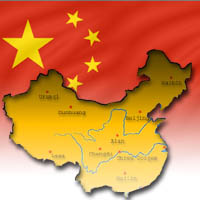
Jiang Jianqing discusses the need for balance within an effective governance model and the ways the financial-services industry will change in China in the wake of the global economic crisis.
Regulators struggling to fix the world’s troubled financial institutions may take heart from the experience of China’s large state-owned banks. In the late 1990s, Chinese state lenders were all but insolvent, with nonperforming loan ratios at many banks exceeding 50 percent. A decade later, China’s state banks have found their footing—and have managed to keep it amid a global financial crisis that has their European and US counterparts reeling. The bad-loan ratio has been reduced, and this year China’s state banks expect solid profits and continued rapid growth—despite the global downturn. What’s more, top bank executives express confidence in their capacity to heed government instructions to boost lending while effectively controlling credit risk.
Industrial and Commercial Bank of China (ICBC) is generally regarded as the strongest of China’s state-owned bank giants. It is also the largest bank by market capitalization and total profits—both in China and the world—with total assets of more than $1.4 trillion. ICBC chairman Jiang Jianqing met recently with McKinsey’s Dominic Barton, Yi Wang, and Mei Ye to share his thoughts on corporate governance, risk management, and the origins of the financial crisis.
See full Article.



